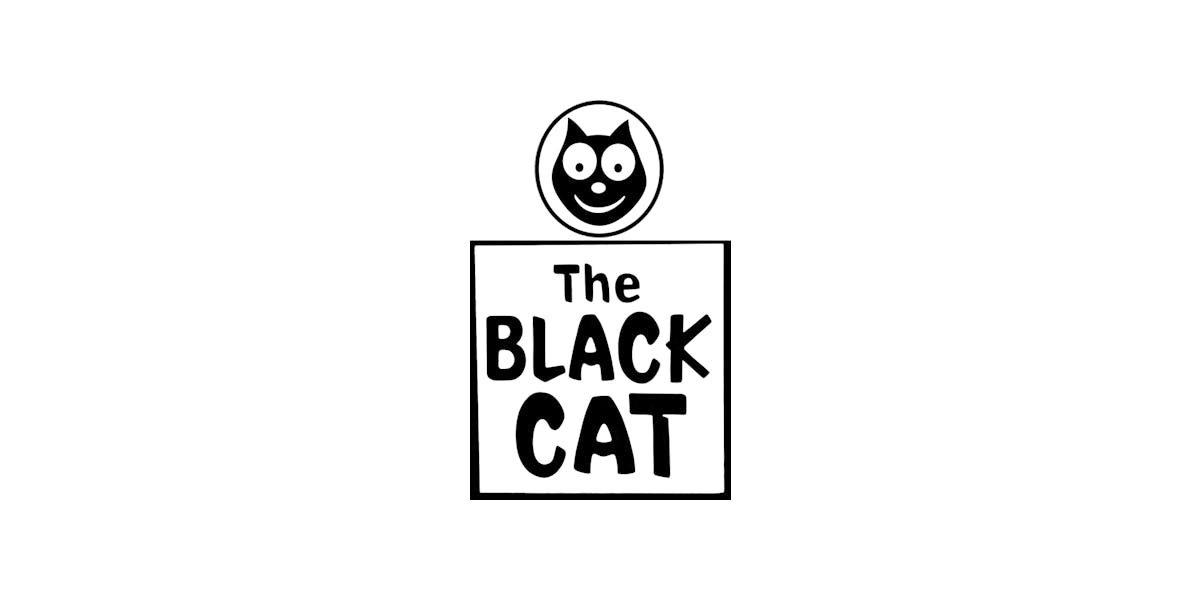The Black Cat Tavern: A Historic Landmark in Silver Lake

“In 1967, LGBTQ people across the board lived under intimidation. At the time, homosexuality was considered a mental illness in the United States. Sex between two men was illegal in California, and a conviction of lewd conduct (for which kissing often sufficed) required registering as a sex offender. In addition to the criminalization of same-sex relations, the LGBTQ community faced tremendous harassment and oppression, particularly in Los Angeles from the LAPD.” – Laura Dominguez, KCET
The Birth of The Black Cat Tavern
The Black Cat Tavern, located in Silver Lake, opened its doors in October 1966. At that time, it was one of several gay bars operating along a one-mile stretch of Sunset Boulevard. However, its history would be forever marked by a significant event that took place on New Year’s Eve 1967.
The Raid on The Black Cat
On that fateful night, as the Rhythm Queens trio played and balloons dropped, the patrons and bartenders of The Black Cat celebrated the new year. Unbeknownst to them, a dozen plainclothes police officers were strategically positioned throughout the bar, waiting for any opportunity to pounce on what they deemed “lewd conduct.”
Within seconds after midnight, chaos ensued as the police officers began pulling people apart and dragging them towards the exit. The scene quickly escalated, with some patrons fighting back and bartenders defending their customers. Amidst the violence, fourteen people were brutally beaten, dragged to the sidewalk, and arrested. Shockingly, six of them were charged with lewd conduct for simply kissing.
The Birth of LGBTQ Activism
In response to this blatant injustice, the LGBTQ community joined forces with Personal Rights in Defense and Education (P.R.I.D.E.) to organize a demonstration outside The Black Cat. On February 11, 1967, several hundred peaceful protestors gathered, marking the first public protest by the LGBTQ community against the harassment and persecution they faced at the hands of the police. This momentous event would pave the way for future LGBTQ activism in the United States.
Legal Battle and Cultural Impact
Following the demonstration, two of the convicted men, Charles Talley and Benny Baker, filed an appeal with multiple courts, including the U.S. Supreme Court. While their appeal was ultimately unsuccessful, their attorney argued for equal protection under the law guaranteed by the 14th Amendment of the U.S. Constitution. This legal defense laid the foundation for the LGBTQ rights movement that would bring about significant social, cultural, and political changes in America.
Historic Recognition
In 2007, The Black Cat Tavern received recognition as Historic-Cultural Monument #939 from the Cultural Heritage Commission of the City of Los Angeles. A commemorative plaque on the building’s façade now honors The Black Cat as the site of the first documented LGBTQ civil rights demonstration in the nation.
In 2022, The Black Cat Tavern was designated as Historical Landmark #1063 by the State of California. This distinction makes it the first and only California Historical Landmark that officially commemorates California’s LGBTQ+ history. Additionally, a commemorative plaque was installed in 2023 on the corner of Sunset and Hyperion, forever honoring the monumental history of this location.
For more information on LGBTQ activism and the fight for equality, refer to our guide on the pivotal moments of the LGBTQ rights movement.





